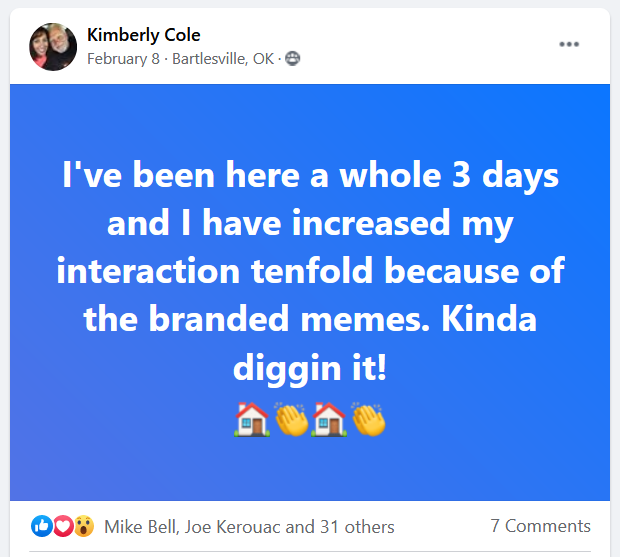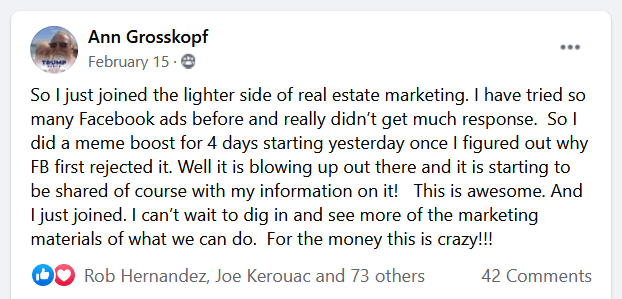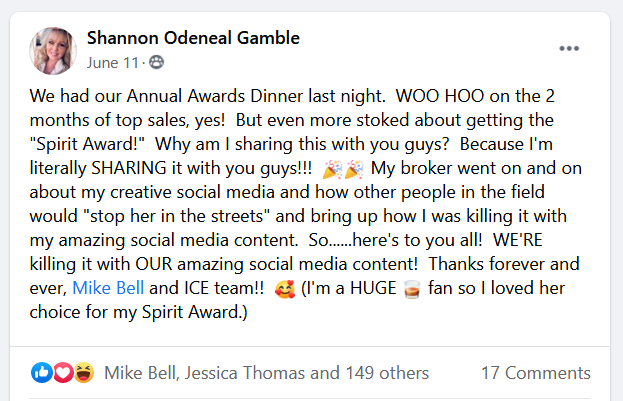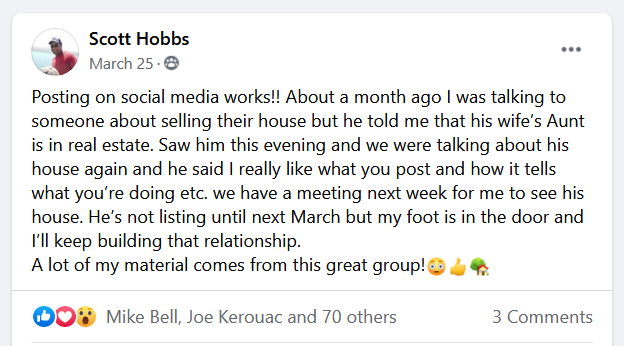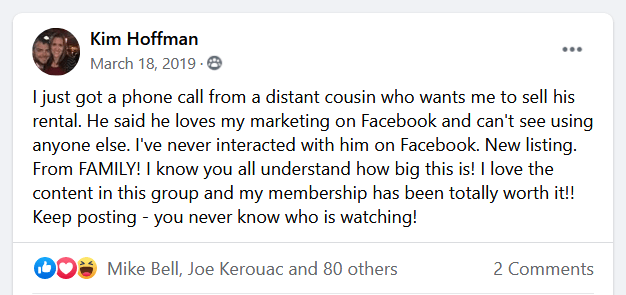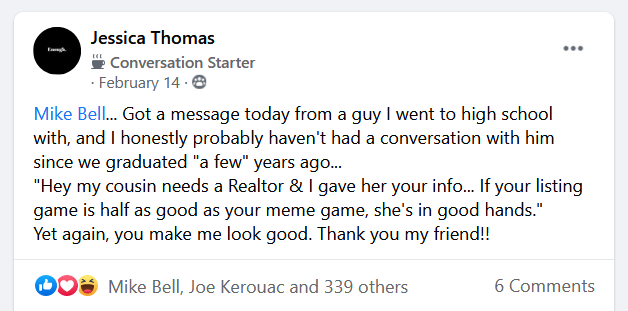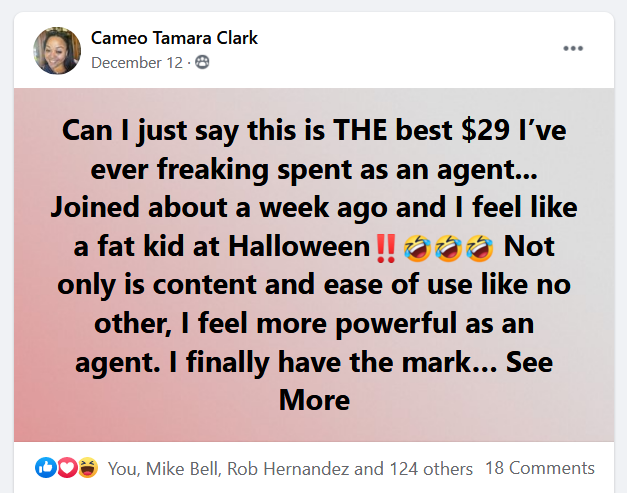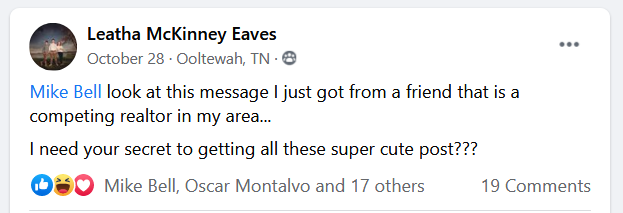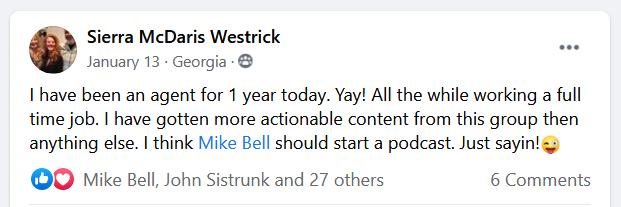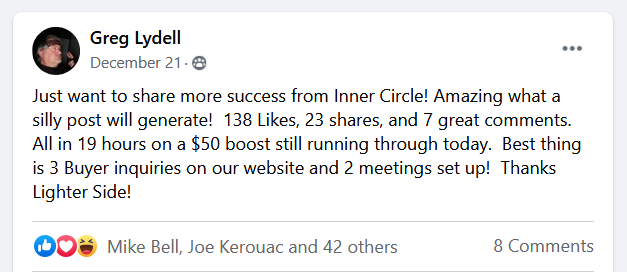
Real Estate Agents: Is Social Media Marketing “Not Working” for You? Here’s a Simple Solution
Social media made marketing yourself as an agent about as cheap and easy as it comes. Years ago, you had to have a good chunk


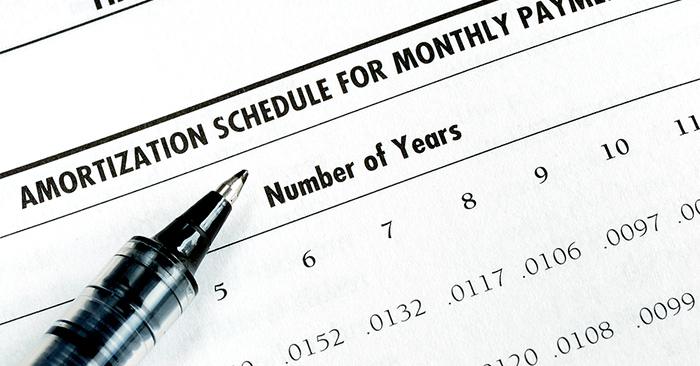
You’ve probably seen the buzz lately about 50-year mortgages possibly hitting the U.S. market soon.
If you haven’t come across it yet, you probably will—whether in a headline, a newsfeed scroll, or it’ll just be an option the next time you’re house hunting.
At face value, it sounds like a pretty sweet deal for anyone feeling squeezed by prices and rates. Stretch the payments out over half a century, and suddenly that monthly bill looks a whole lot friendlier. What’s not to love, right?
Well, that depends on your perspective. So before deciding whether this could be a game-changer or just another gimmick, let’s make sure you’ve got enough info to have an informed opinion…
For many, the appeal comes down to affordability. A longer loan term could help buyers qualify for homes that might otherwise be out of reach, or simply make monthly payments more comfortable.
That part is true, but where there’s a “gimme” there’s a “gotcha.” While the monthly payment may drop, the total cost over time can skyrocket. Stretching a loan over half a century means paying additional interest for half a century.
The “savings” you feel each month could easily be swallowed up—and then some—by what you’ll ultimately pay in interest.
A 50-year mortgage might sound new and exciting, but it’s really just another option that isn’t currently offered. (Well, at least not all that often.)
Buyers already have plenty of choices when it comes to loan terms: 10-, 15-, 20-, and 30-year mortgages are all standard options. Add in the mix of fixed-rate and adjustable-rate structures, and you’ve got a wide range of combinations designed to fit different financial situations.
But more often than not, people lean toward the 30-year fixed rate loans.
Technically, 40- and even 50-year mortgages already exist, though they’re rare in the U.S. and typically not backed by government programs. According to The White Coat Investor, they’re far more common in Europe, where ultra-long-term loans have been part of the financial landscape for years.
Whether a 50-year loan sounds appealing often comes down to your personal philosophy, and your tolerance for long-term debt.
Some buyers lean toward shorter-term loans—like 15 or 20-year mortgages—because they want to own their home free and clear sooner and pay less in interest. Someone taking this approach, especially with a 15-year fixed or adjustable-rate mortgage, is often very disciplined about paying extra each month to chip away at the principal. To them, the vast majority of people opting for a 30-year fixed loan might look like they’re squandering money by stretching payments out unnecessarily and paying far more interest than they need to.
On the flip side, 30-year borrowers often see the world differently. They value lower monthly payments and the flexibility it provides—whether to invest elsewhere, cover lifestyle costs, or just have breathing room in the budget. To them, those who aggressively tackle a 15-year loan might seem either a little extreme… or just downright wealthy to be able to afford such high payments.
So, just like 15-year buyers might shake their heads at 30-year loans, 30-year borrowers will likely question a 50-year term. The point is, there’s no “right” choice. It’s about what makes you comfortable financially and psychologically.
Whether the monthly savings makes sense really depends on your perspective and personal situation. Everyone’s circumstances are different, so this is a question only you can answer for yourself.
When you’re considering what type of loan and terms to choose, you’ll need to crunch the numbers at that moment—current rates, your credit score, and other factors will all play a role.
But to give you some general perspective, HousingWire did some math you might find useful. According to the article, stretching a loan out to 50 years might shave around $100–$200 off your monthly payment compared to a 30-year mortgage. That’s not nothing—it could make a tight budget feel a little more comfortable.
However, because you’re paying interest for an extra 20 years (or more), the total cost over the life of the loan can balloon dramatically. In the examples they gave, the interest payments were more than double what they would have been with a 30-year loan. And we’re talking hundreds of thousands of dollars. That “nice little savings” each month comes at the expense of paying far more in the long run.
So yes, you’ll feel relief each month with a lower payment, but over decades, your home ends up costing a lot more than the purchase price. That’s the trade-off. A 50-year mortgage isn’t inherently bad; it’s just a choice between short-term comfort and long-term savings. And it’s a choice worth thinking through carefully before signing anything.
The Takeaway:
The idea of a 50-year mortgage might sound like a silver bullet for housing affordability, but the reality is more nuanced. Sure, it could make monthly payments a bit lighter—but it could also cost much more in the long run and potentially nudge home prices even higher.
As with most things in real estate, there’s no one-size-fits-all answer. It’s not necessarily right or wrong, it’s about what’s right for you. The key is to understand exactly what you’re signing up for before committing to a loan that could last longer than most careers.

(Shh, our secret)
Show your sphere your an expert. We have over 2100 articles covering every real estate topic your audience will love.
Position yourself as a real estate authority!
Real estate + topical events — the perfect match!
Become the bearer of good vibes!
Because hey, everyone loves to laugh!



Get our weekly email that makes communicating with your sphere on social actually enjoyable. Stay informed and entertained, for free.

Social media made marketing yourself as an agent about as cheap and easy as it comes. Years ago, you had to have a good chunk

Question: Have you seen the postcards most agents send out? BOOOR-ING! I’m pretty sure they make the prospects sleep-walk on their way back inside the
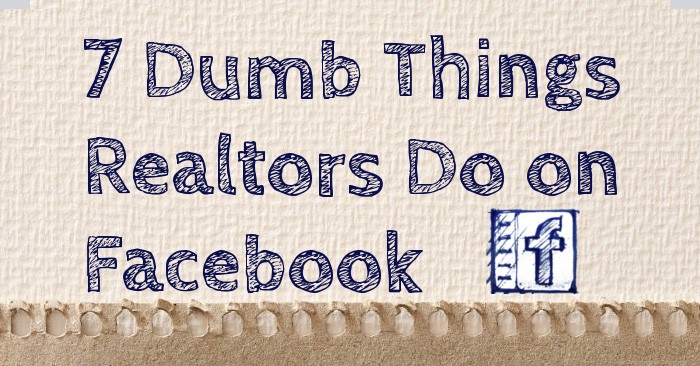
1. Spamming your listings with no commentary Posting a link or sharing something on Facebook without your opinion is boring. Your friends want to know

It’s tough to land listings in any market, but when you’re smack dab in the middle of a market with low inventory, they’re like lassoing

LinkedIn has been around since 2002, quietly trucking along. It’s not a social media platform that you hear a whole lot of people talking about
Depending on your situation, it may not take the full 30 minutes.

This reset password link has expired. Check the latest email sent to you.
